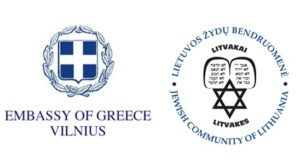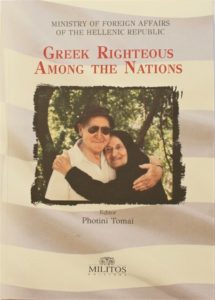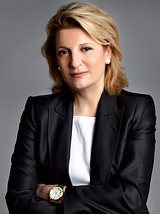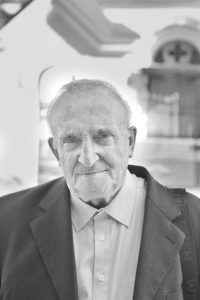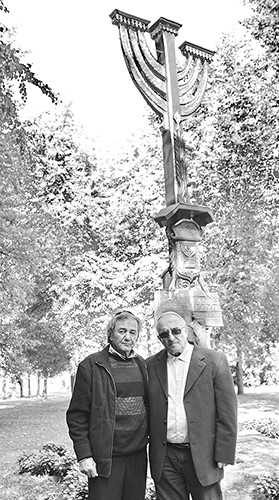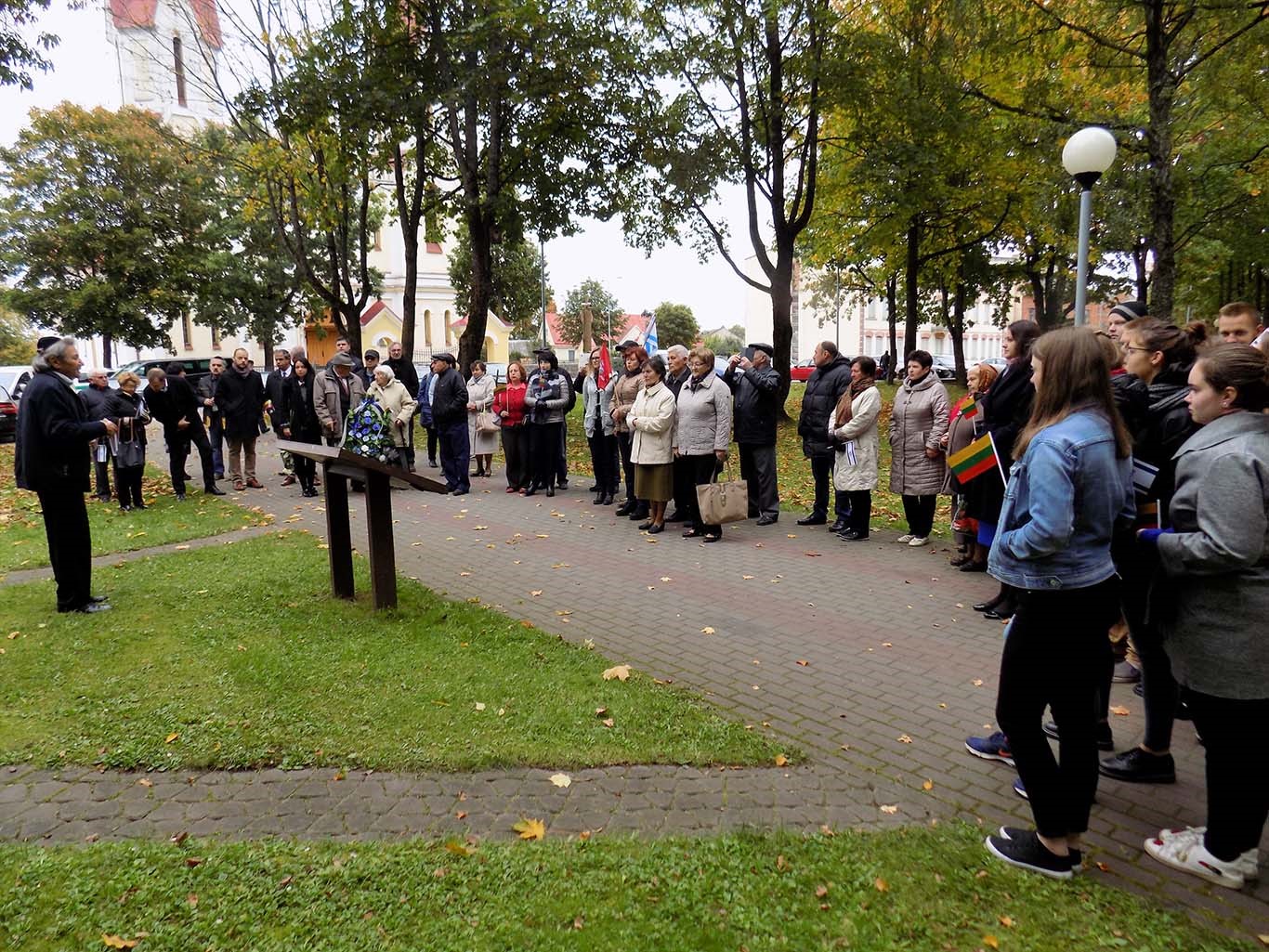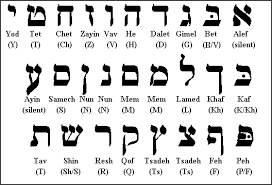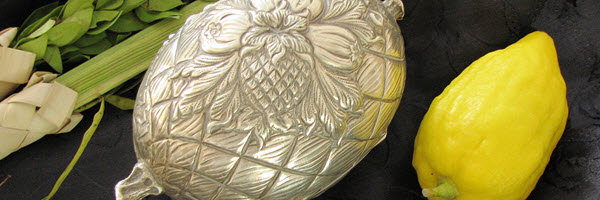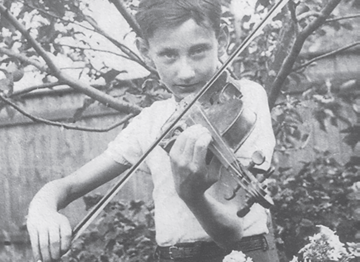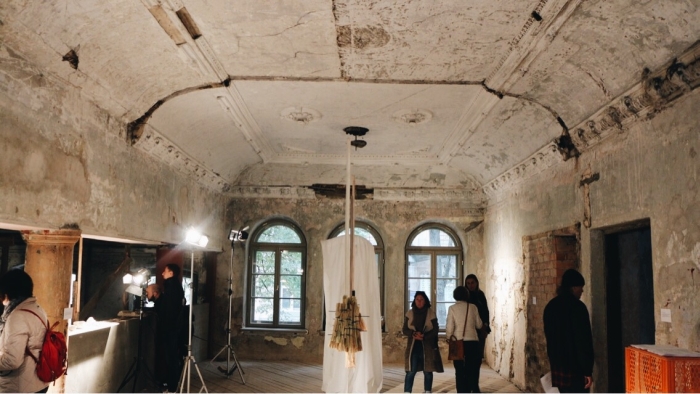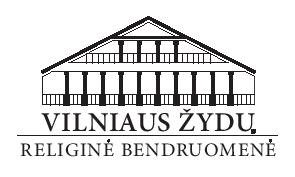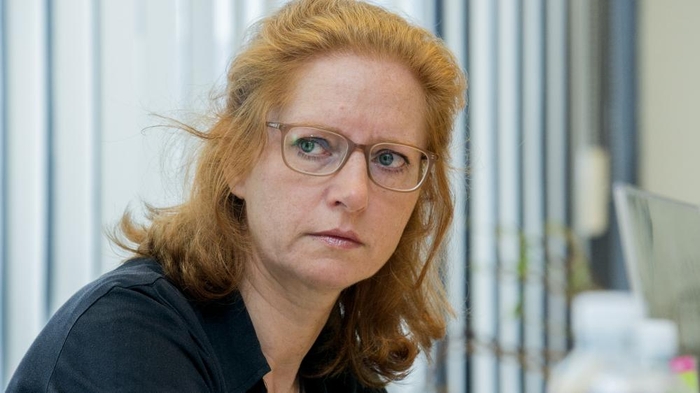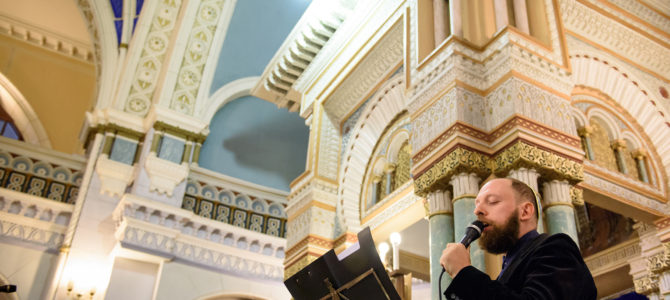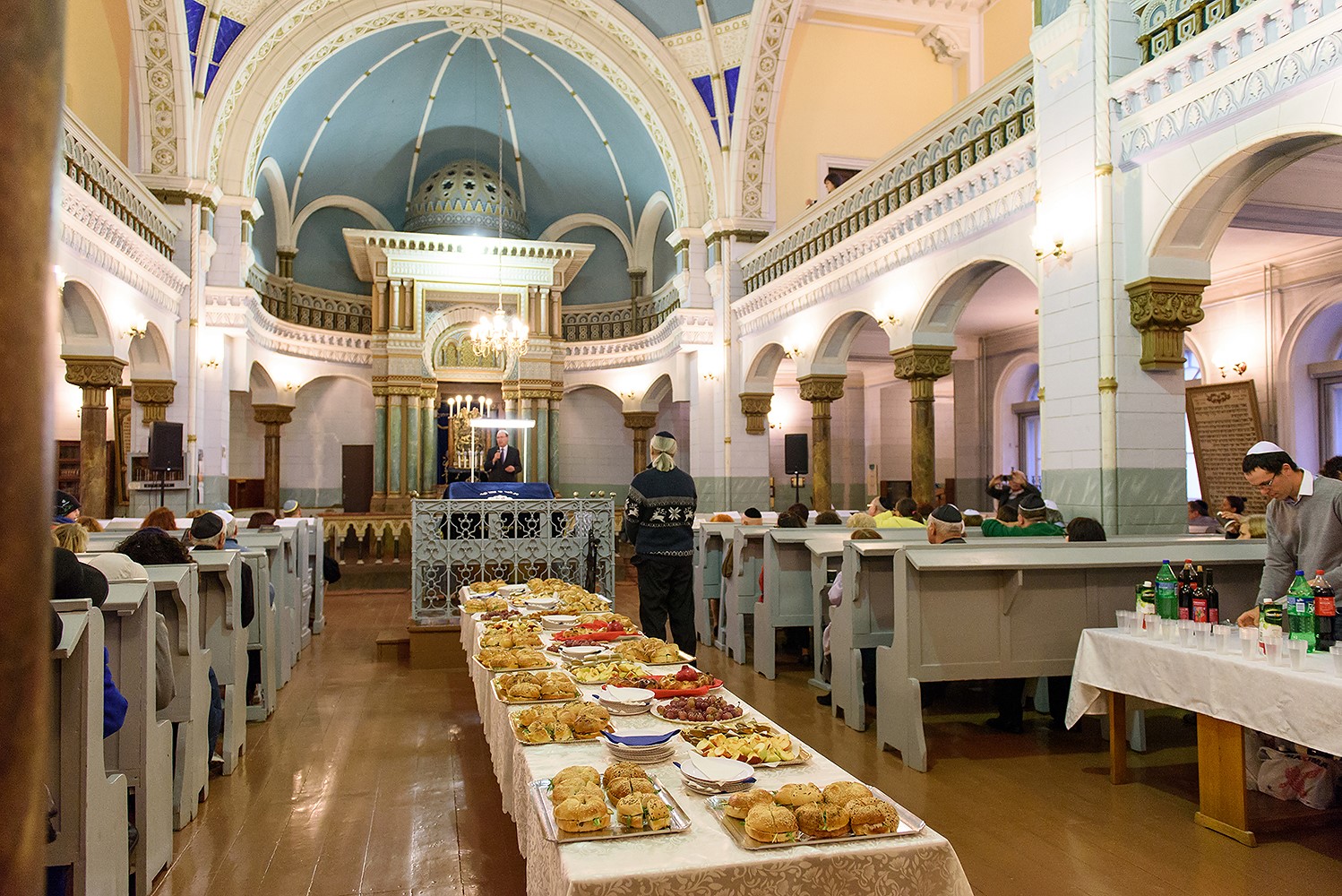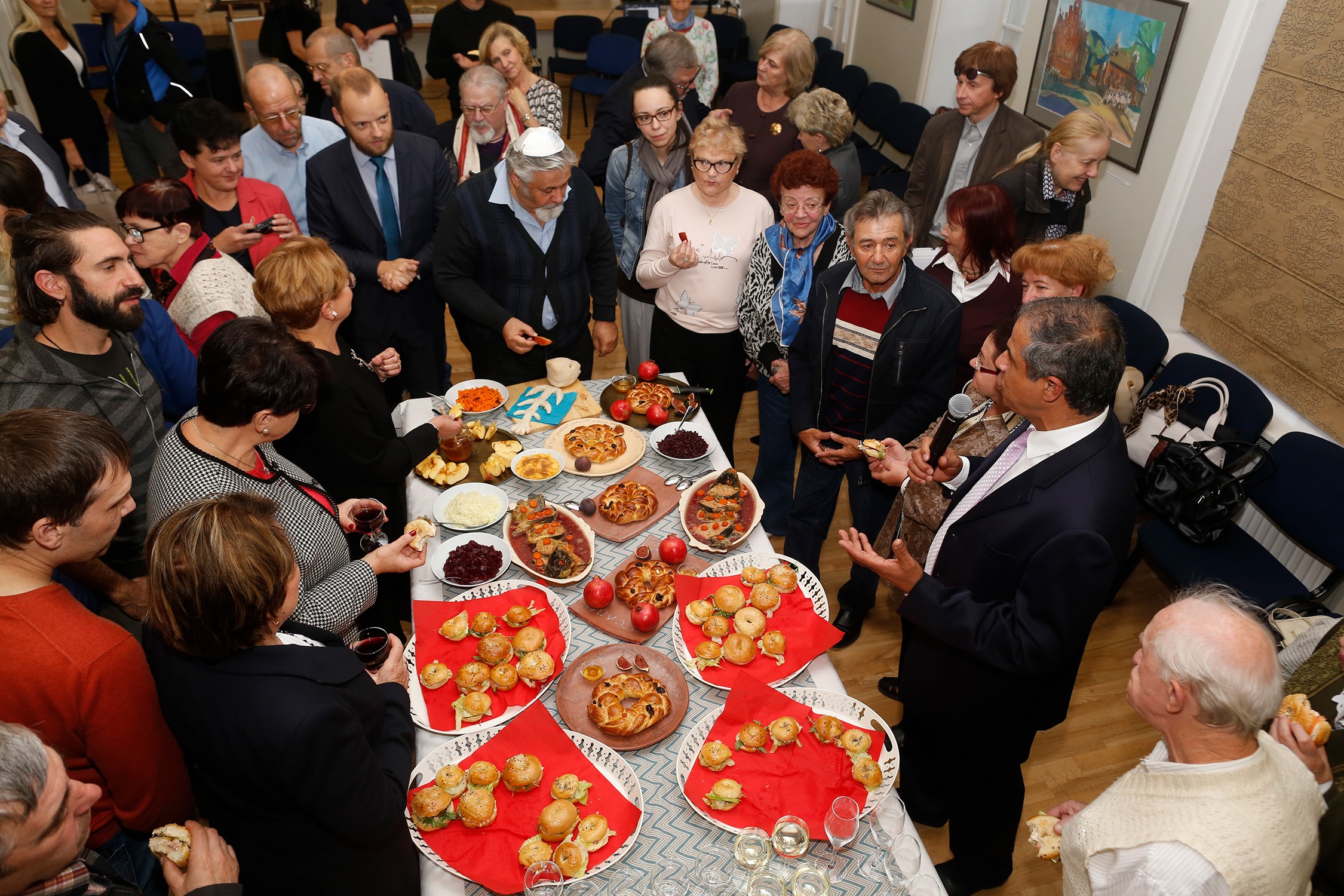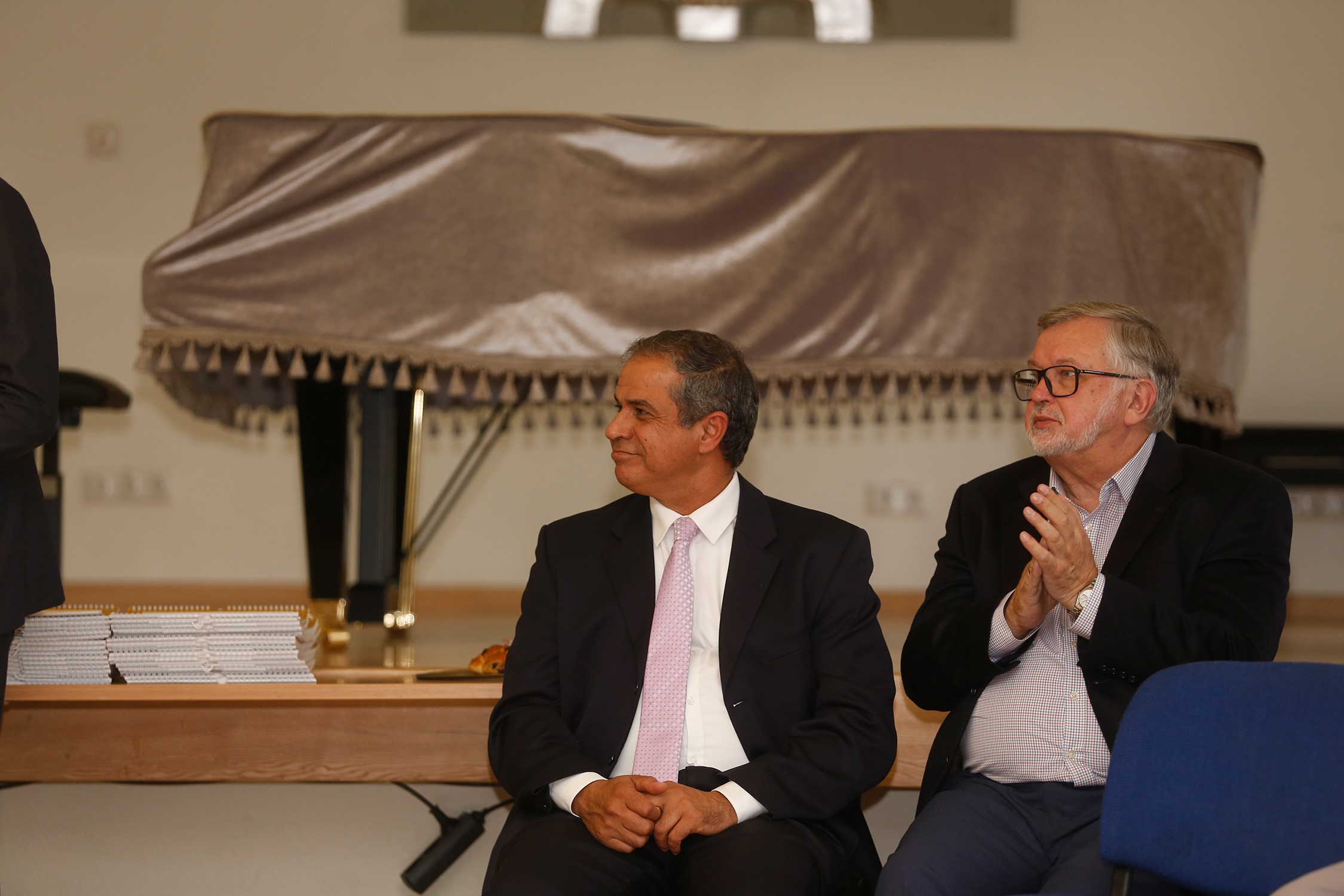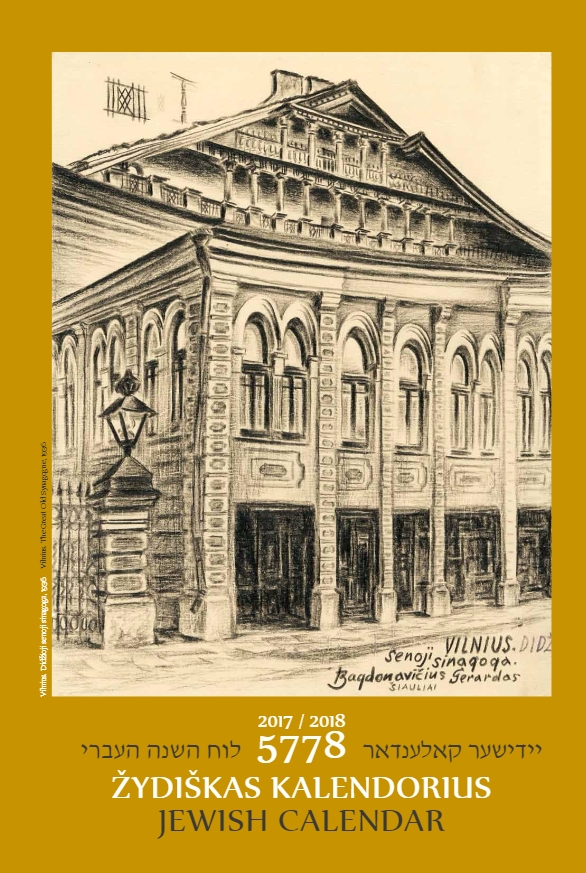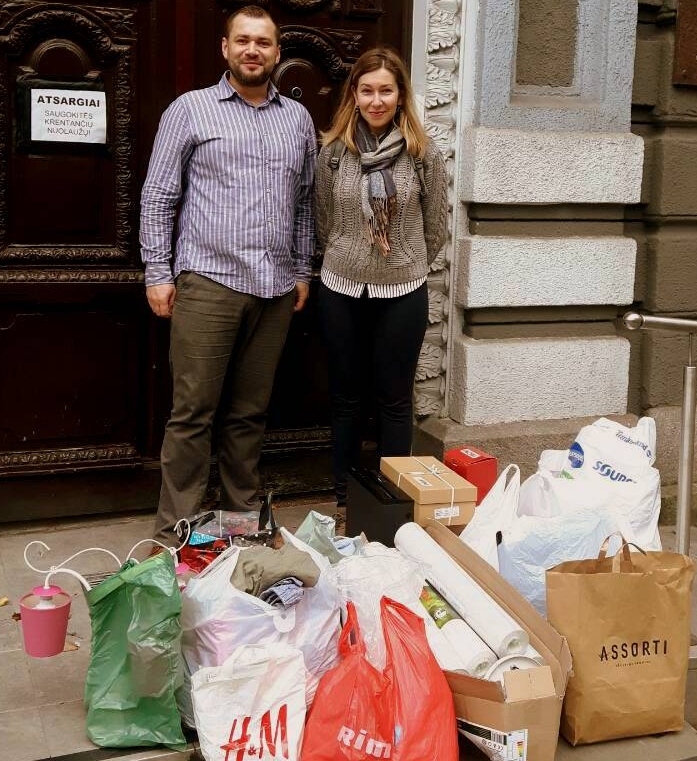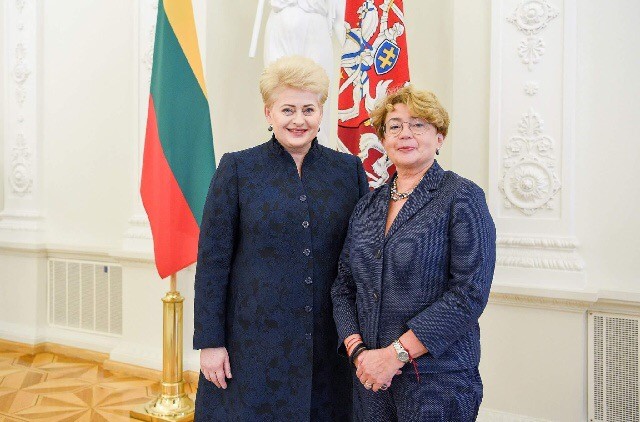
As Lithuanian marked the 76th anniversary of beginning of the Holocaust, president Dalia Grybauskaitė September 27 bestowed awards on 43 Lithuanians who rescued Jews during World War II. Lithuanian Jewish Community chairwoman Faina Kukliansky spoke at the ceremony.
Faina Kukliansky:
It is a great honor for me to be here and to honor the true heroes of Lithuania together. They provided the haven of goodness, they lit the hope of life in the darkness of the dogma of hate, they provided reason in the irrationality of brutality, they became guardians of life and the teachers of humanity.
“They said it’s like this: if I cut my finger, it won’t be painful for him,” this is the insight of a person who lived near the Treblinka death camp. Assuming the role of perpetrator or passive observer seemed to many to be the natural choice. Because of this choice, or more precisely, this moral surrender, Lithuania lost entire shtetls or towns with all of their intellectual potential, the cultural and economic nucleus of Lithuania was destroyed, the destinies of whole families were cut short and the agony of the Holocaust and culpability in the mass murder of Jews became our inheritance, our legacy for centuries.
Unlike others, those who rescued Jews didn’t see the situation at that time as hopeless and without solution. Even as they suffered the worst conditions, they never thought of compromise or collaboration, but instead performed the sacred mission fate entrusted to them, the saving of lives. Without weapons these people fought for humanity without thought of risk, without succumbing to fear, without becoming hostage to the decision to shed blood.
The names of the rescuers must be known and spoken, and their memory celebrated. Our heroes have done their work, and now it is time for Lithuania to do hers. I hope that fourteen years now after the late Icchokas Meras appealed to Lithuania leaders, a monument will grace the capital, before which children will say the names of the rescuers, before which those who were rescued and their descendants may pray. A monument which will be only a small symbol of our eternal gratitude. The gratitude of the Jewish people for the life given them, and the gratitude of the Lithuanian people for their rescued honor.


